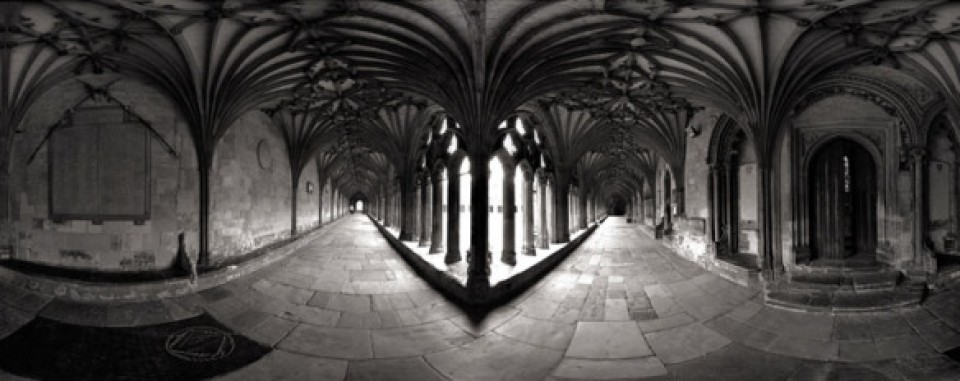
by Kyle Harper
In ancient Athens, a little over a mile to the north of the city gates, there was a grove sacred to Athena, goddess of war and of wisdom. There, the olive trees grew in between the tall plane trees (cousins of our American sycamore), whose enchanting white bark and broad leafy canopy towered above, giving shade from the Mediterranean sun. From time immemorial, the Athenians called this place after an ancient hero, Akademos, buried on the spot. It was in this grove that a philosopher named Plato started his school in the early part of what we call the fourth century BC. Not incidentally, his school was sited in a sacred place, outside the heart of the city, but within earshot of it. Plato’s school would endure, in various guises, for a millennium, until it was shuttered in the anti-pagan crackdown of the despotic emperor Justinian. But, for a thousand years, this school, the Academy, was the center of higher philosophical learning in the classical world. And its legacy has endured ever since as an ideal and an aspiration, as the very name of our school attests.
The Academy’s physical distance from the agora and the areopagus, the centers of business and politics in Athens, was symbolic. It was close, but not too close, to the hustle and bustle of everyday life. Plato lived during the height of Athenian democracy, and his philosophical career would be unimaginable without the revolutionary intellectual dynamism that the democracy unleashed. The lasting influence of classical Greece on our political thought is stamped deep in our language (words like politics, democracy, aristocracy, tyranny, and, even, demagogue are inheritances from ancient Greek). And yet, Plato’s philosophy was born of a deep skepticism toward Athenian democracy. After all, Plato had watched a democratic jury try and convict his beloved teacher, Socrates, on trumped up charges. Plato believed, from personal experience, that democracy was dangerous. It led him to realize that the purpose of political life was the pursuit of the good, for the individual and for the community as a whole. Democracy, Plato saw, was not an end in itself, only at best a means to achieve the true end, the good life.
A healthy polis (city-state, community) depended upon an educational system that was properly oriented. Plato’s vision of what education means is expressed in one of his most political books, The Republic (in Greek, the title is Politeia, something like “The Proper Constitution of the City”). The Republic is still the greatest book on education ever written. It is a classic in the deepest sense, a truly timeless work that speaks across the ages. Its most famous passages – the Ring of Gyges, the Allegory of the Cave, the Myth of Er – can still move us deeply. The Ring of Gyges famously asks us to wonder if we would be well behaved were we to find an invisibility ring: do we do the good because we love the good, or because we fear the consequences of being caught in misbehavior? The Republic captures for us some of what made Plato’s Academy the most influential school in history. For Plato, an education is not a preparation for a job. It isn’t a means to an end. It is the end, the transformation of the individual into the kind of creature who rationally loves the good. In Plato’s vision, education turns the innermost core of the individual’s being toward a desire for the good. For Plato this ideal is not arbitrary, one possible goal among others; it is rooted in our very nature as rational, moral creatures and represents the fulfillment of our most truly human faculties.
Plato believed that the politics of Athens were broken, in the deepest sense. They were aimed toward the unreflective pursuit of power and wealth. His educational vision was formed against this background. He wanted to reshape the affections, the aims, of his students, by turning them toward a love of wisdom. It is still the most inspiring vision of what education can be. And Plato was right, we might agree, in keeping a healthy distance from the affairs of politics and business – not too close, not too far. The Academy of Athens admitted the importance of politics and commerce, but it stood at some remove to ensure that, in its sacred groves, education could be pursued with an uncompromised commitment to the true, the good, and the beautiful.
Kyle Harper is an Academy parent and Senior Vice President and Provost at the University of Oklahoma. He is the author of Slavery in the Late Roman World (Cambridge Univ. Press, 2011) and From Shame to Sin (Harvard Univ. Press, 2013).
